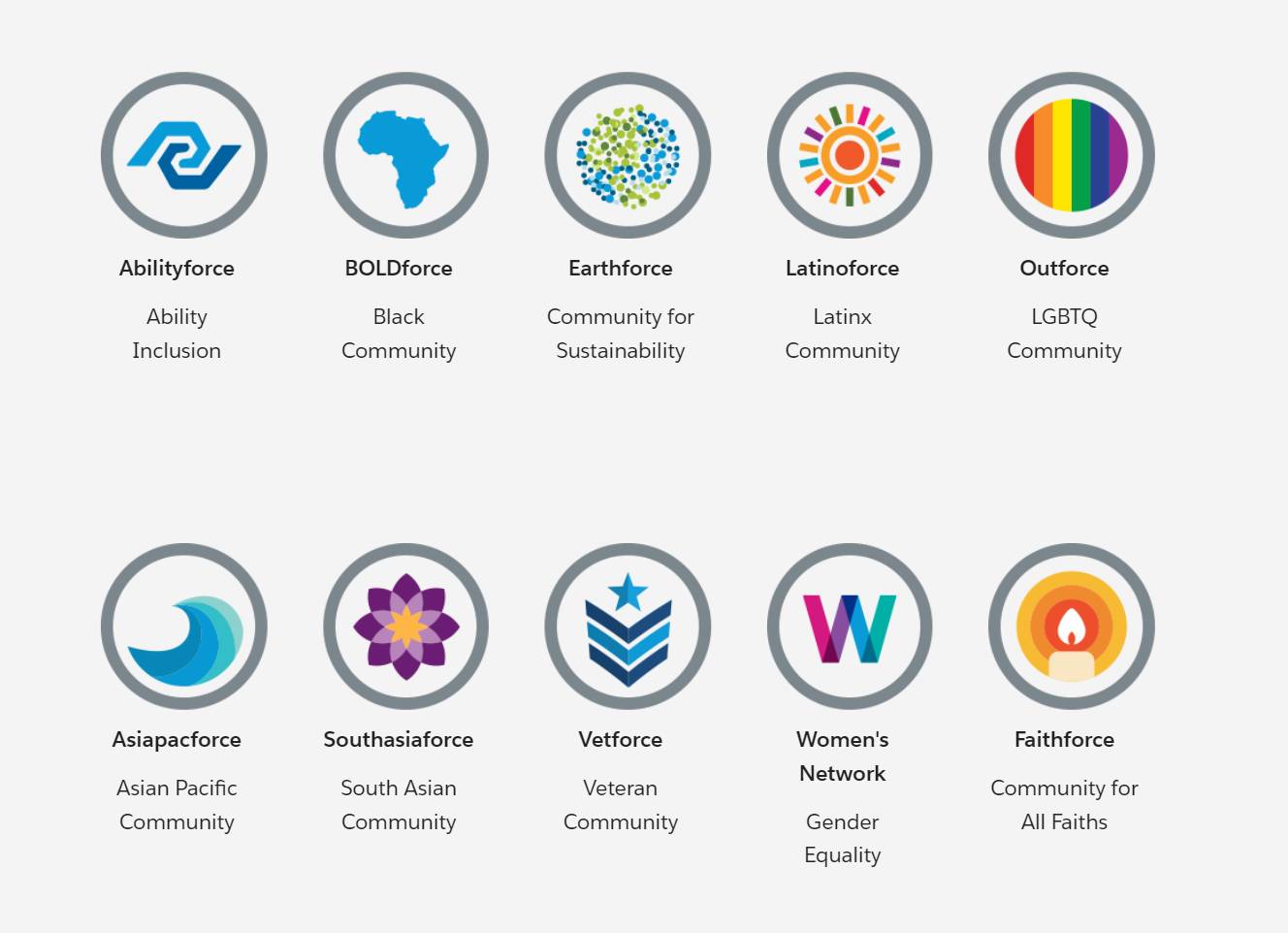Learn Successful Onboarding and Retention Strategies
Learning Objectives
After completing this unit, you'll be able to:
- Craft an inclusive onboarding program for military veterans.
- Describe how an employee resource group can benefit employees who are veterans.
- Describe the function and benefit of a battle buddy.
Create a Veteran-Friendly Onboarding Program
When service members are on active duty, they and their spouses frequently change jobs and geographic locations. Starting a new job in the private sector is a change of a different sort. To be inclusive of veterans in your onboarding program, here are a few important questions to answer.
How do I get my new hire up to speed?
Many companies have a self-service approach to onboarding new employees. Make sure your new hires can confidently navigate your internal knowledge base and self-help resources.
What new skills can I help my new hires prioritize?
Especially in the tech industry, private-sector teams can be more dispersed than veterans are used to. Veterans tend to learn quickly, but they may need training to use your virtual collaboration tools.
How do our company administrative processes differ from the government’s?
Corporate expense reporting and travel policies likely differ from governmental travel regulations. It’s important to cover administrative procedures and best practices in detail.
How do our company benefits differ from the government’s?
For healthcare, veterans have the option of using company coverage, VA benefits, or possibly both. Be sure you understand veterans’ healthcare options and can smoothly integrate your company’s benefits with theirs. Corporate retirement planning is likely to be a new process for recently transitioned military veterans. Be sure to explain this benefit clearly.
How might career advancement at our company differ from advancement in the military?
The military has a very linear career planning process. Make sure to share your company’s specific career tracks with new hires.
The VA has onboarding suggestions for new hires from the military. Here are a few important items to keep in mind to help new employees make the transition from military life.

-
Check in. During the first few weeks, check in with the newly transitioned hire as often as possible. Encourage them to ask questions. A corporate environment is starkly different from a submarine, for example. Help them get acquainted with your working environment so that they can quickly feel at home.
-
Give a warm welcome. Enthusiastically welcome and help the new hire feel that they made the right choice. Some veterans are overwhelmed by options when they leave the military and can feel anxiety about starting their next career on the right track.
-
Connect skills to team needs. Remind them how their skills and values contribute to the team. As they make the switch, veterans may be at a loss when thinking about how skills they learned in the military are desirable for civilian employers.
-
Discover motivations. You’ll find that veterans often feel motivated by working in high-performing, mission-driven teams. Motivate them by connecting their individual contribution to team success.
Keep their family in mind. A new job means an adjustment for the entire family, especially if the family has relocated. Do what you can to ease the transition and help family members feel comfortable in the community.
Keep in mind that different levels of experience in the private sector allow for slightly varied approaches. Veterans who worked in the private sector for awhile don’t require the same corporate culture explanation as those who recently transitioned or student veterans who transitioned a few years ago but haven’t started their first post-military job.
The Value of Employee Resource Groups
Employee Resource Groups (ERGs) offer people an opportunity to network with others who have shared interests or life experiences. ERG members can participate in volunteer activities together, pursue professional development opportunities, connect with mentors, and just have fun. ERGs that focus on veterans can include military spouses and allies in the company who value military service.
Salesforce hosts several ERGs that provide a support system to help employees from all walks of life feel comfortable bringing their full, authentic selves to work. We call these Equality Groups and members support one another as a family.

One of our Equality Groups is Vetforce. Vetforce is a group of veterans, families of service members, and allies passionate about supporting our military. We work to ensure that our company policies are veteran-friendly, and help veterans and families transition to civilian life. Our mission is to foster equality through recruitment, employment, training, and mentorship of veterans from all branches and all countries of service. Vetforce offers professional development and leadership opportunities within our company, and our members work actively toward advancing and supporting veterans in our broader communities.

With the support of a Veteran Equality Group and its allies, I've been able to open up with my team about my story as a veteran, which helps them understand what I've endured, what I'm passionate about, and what drives me forward. This, in turn, has forged stronger bonds. It's also given me the courage to occasionally share that story with customers and partners in a way that has transformed business relationships into something truly special and sacred. We trust each other and we know that we have each others' backs as we pursue a common goal. I had never done that before because I felt like an outsider at other companies with experiences others couldn’t relate to.
—Lisa Wallace, Nonprofit Account Executive at Salesforce.org, U.S. Navy Veteran, and Army Spouse
ERGs or even just a single advocate can also act as points of contact when a confusing, non-traditional resume lands on a desk. As your new veteran employees learn their roles, consider inviting them to provide feedback on other roles that could be a fit for people with military experience.
The Importance of a “Battle Buddy”
In the military, a battle buddy—sometimes referred to as a shipmate—is a partner assigned to a service member to keep that person accountable during challenging times. A battle buddy makes a personal commitment that ranges from helping someone get to formation on time (“Knock on my door if I oversleep!”) to helping that person navigate professional challenges to staying close during operational missions.
Employers can ensure a great onboarding experience by assigning new veteran hires a battle buddy: someone to help ensure the new hire’s initial success, who is a known resource for answering the many questions that come with starting a completely new career. It works well if there is some common ground between battle buddies. That makes existing employees who are veterans one of the best resources a company can offer new hires who are veterans. Being a battle buddy is also a good springboard into formal mentoring.
Resources
- Website: Salesforce Equality Groups
- Website: Buddy Guidelines for Human Resources and Hiring Managers
- Website: Building An Inclusive Onboarding Process For Military Veteran Hires